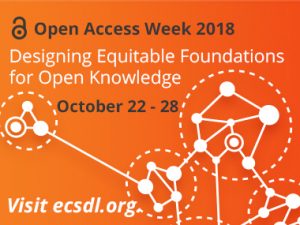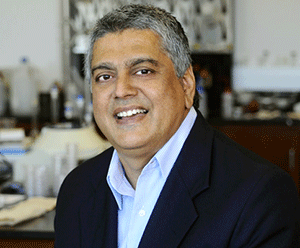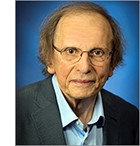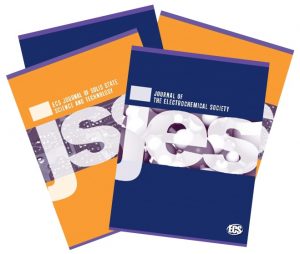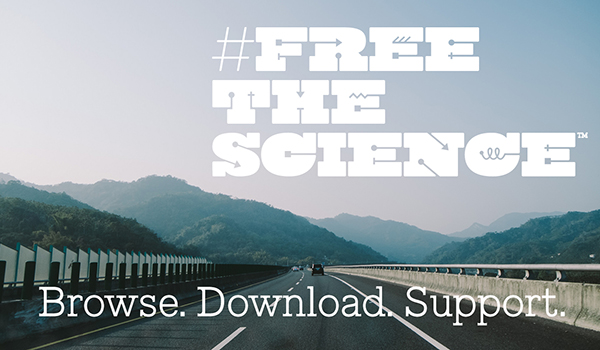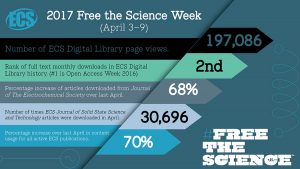The Open Access Scholarly Publishers Association recently sat down with Stuart Taylor, publishing director of the Royal Society and their very own, newly appointed OASPA board member, for an interview. Taylor holds 30 years of experience in publishing and has witnessed many changes within the industry, such as the introduction of the open access model.
“I began in the commercial sector. Back then, open access wasn’t a topic I was aware of at all and the concept of open access publishing hadn’t even been invented,” says Taylor.
By the end of the 1990s, however, Taylor says the rumblings of an open access model began to make its presence within the publishing community, which at that time, “Was seen only as a threat to commercial companies. Something to be fought or at least contained.” (more…)


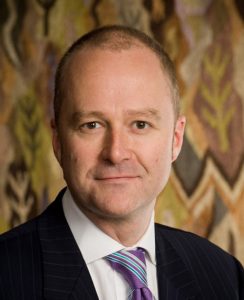


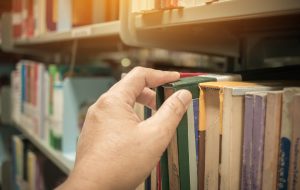
 ECS celebrated
ECS celebrated 